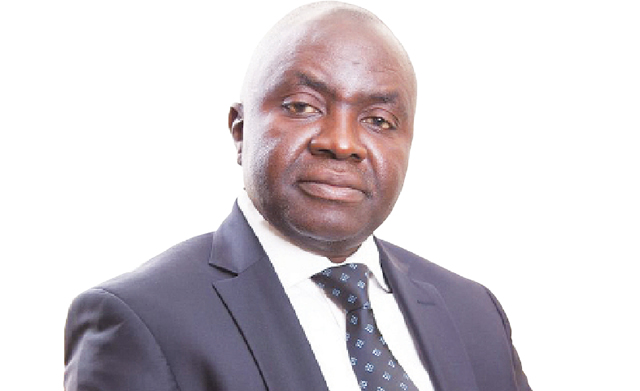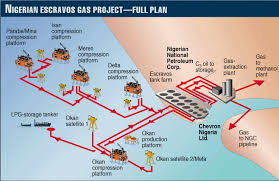The Centre for the Promotion of Private Enterprise (CPPE), a private sector advocacy and economic think tank, has advocated that urgent steps needed to be taken to consummate the reform process with the full activation of the Petroleum Industry Act as well as other measures required to make the country fully optimize the potential in the hydrocarbon resources industry
The group, in its 2022 First Quarter Economic Review signed by the Chief Executive Officer, Dr. Muda Yusuf, acknowledged and commended the renewed efforts by government to tackle the problem of insecurity in the oil producing areas after the area had witnessed unbridled pipeline vandalization, illegal refineries, oil theft, attacks on oil installations among others.
The CPPE as a fiscal option in the meantime, canvassed the removal of all charges, import duty, levies and taxes on importation should be suspended to moderate the cost of fuel as an interim measure, adding, however, that the ultimate solution is to revisit the deregulation engagement with stakeholders to pave way for a market driven, private sector led investment framework, with the government playing a regulatory role.
It stressed: “This is the option we have as country to stop the bleeding, the distortions, the smuggling and loss of investment that our petroleum downstream sector had suffered over the years. With current subsidy trajectory, subsidy cost would not be less than N4 trillion by the end of this year. This is clearly a major source of disruption and dislocation for the finances of government at all levels.
According to the group, a private sector led oil and gas sector will bring the following benefits to the economy: it will free resources for investment in critical infrastructure such as power, roads, the rail systems, health sector, education sector etc, and also unlock the huge private investment potentials in the downstream oil sector especially in petroleum product refining and ultimately reduce importation of petroleum products and ease the pressure on the foreign exchange market as well as the burden on our foreign reserves.
In addition, it projected that it would eliminate the patronage mentality, rent seeking activities and corruption that currently characterise the downstream oil sector; create more jobs for the teeming youths of the country in the downstream oil sector as investment in the sector improves; and reduce smuggling of petroleum products outside the country
The CPPE further stated: “The investment opportunities in our Oil and Gas sector are huge, considering our crude oil reserves and the even bigger prospects in gas. We have a population now estimated at over 200 million people. That is a big domestic market for energy, presenting huge opportunities for the downstream investments.
“The summary is that the dominance of the public sector in this space has considerably subdued the progress and development of the oil and gas sector, and by extension the Nigerian economy”, it added.
On power sector reform, the CPPE noted that the power sector reform had not delivered the desired outcomes and that the entire experience had given privatization a bad name as there were issues of due diligence, technical capacity, financial capacity, political interference, metering issues, estimated and arbitrary billings, payment defaults to the Generating Companies, commercial losses, electricity theft, technical losses, cost reflective tariff and the economics of the private sector investment.
It also expressed concerns about the capacity of the Nigerian Bulk Electricity Trading (NBET) Plc to effectively play its role of providing liquidity to support the electricity supply chain.
The group, therefore, stated that it was imperative to have a more holistic approach to the multifarious challenges hampering power delivery.
It advocated: “There should be greater emphasis on off grid solutions in order to ensure the decentralization of the power sector. The current model of high dependence on the national grid has not worked well to serve the economy. The country is too vast for the highly centralized regime of national grid. The continued ownership and control of the transmission component of the power supply chain is also a challenge to grapple with.
“We should ensure the rapid promotion of renewable energy solutions through the enactment of policies that will make it more affordable. The current high cost of acquiring renewable energy installation has been a major impediment to the access of this energy solution. For instance, the cost of solar panels and batteries are very prohibitive.
“We submit that import duty and taxes on solar equipment, solar batteries and inverters should be scrapped to improve access to renewable energy solutions. The implementation of the energy mix programme of the government needs to be accelerated.
“Power sector is critical to the economic development of the country. We are sometimes faced with a conflict between development objectives and commercial objectives. I believe the government still needs to provide generous fiscal incentives for investors in the sector because of the economic development and social impact of an improved power sector performance”, CPPE added.




